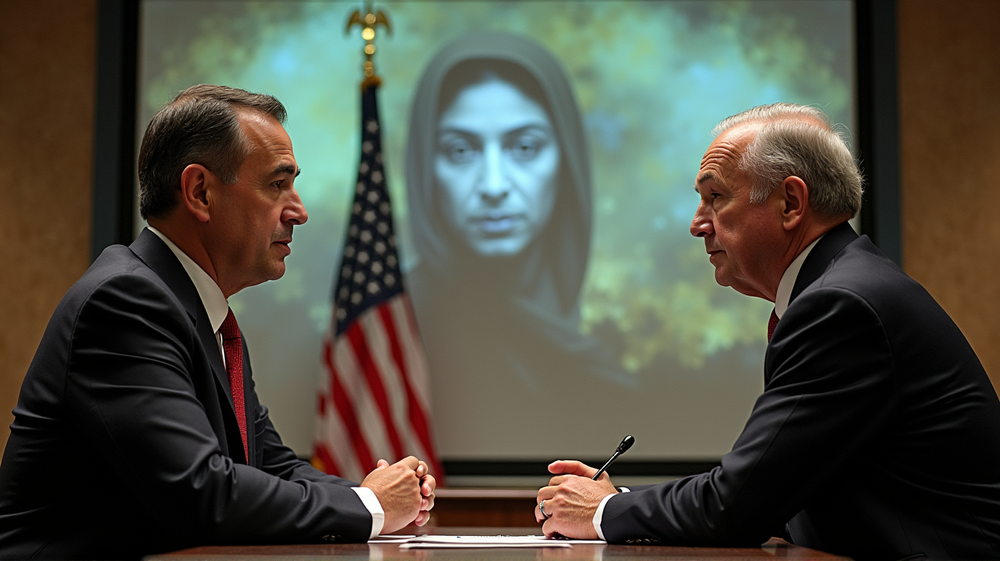The geopolitical chessboard of the Middle East is once again in tumult, as Iran asserts its willingness to return to the negotiating table over its contentious nuclear program—conditional on the United States providing assurances against further military aggression. This demand comes in the aftermath of June attacks by the US and Israel, which, while damaging Iran’s nuclear infrastructure, did not achieve their goal of complete annihilation. The stakes are high; the world watches closely, as the implications could ripple far beyond regional borders.
A Fragile Foundation: The 2015 Nuclear Deal
It’s been a whirlwind since 2015, a year that saw Iran striking a landmark agreement known formally as the Joint Comprehensive Plan of Action (JCPOA) with major world powers. This accord set the scene for Iran to enrich uranium at levels safe for civilian use, placing stringent limitations on its stockpiling abilities and entrusting the International Atomic Energy Agency with the oversight to ensure compliance. In exchange, Iran was relieved from crippling economic sanctions that had long hampered its economy.
The Trump Administration’s Seismic Shift
Enter Donald Trump in 2018, with a controversial move that pulled the United States out of the agreement, criticizing it as insufficient and flawed. The departure marked the beginning of heightened tensions, as it left the JCPOA in a precarious state, upending years of diplomatic toil. The withdrawal also spotlighted unresolved issues—that the deal had failed to curb Iran’s missile program or its alignment with militant factions across the Middle East.
Iran’s Conditional Cooperation
In a recent development, Iran has conveyed its readiness to engage once more in nuclear dialogues. However, Tehran’s cooperation comes with non-negotiable conditions: it seeks a concrete guarantee from the United States to avoid future military confrontations. This request foregrounds Iran’s strategic need to safeguard its national security amidst a backdrop of foreign military intervention.
The Global Community’s Gaze
As negotiations hang in the balance, the spotlight turns to the International Atomic Energy Agency and world leaders, who remain pivotal in mediating peace and stability. The potential revival of talks not only affects regional dynamics but also has far-reaching global implications. According to [The Guardian], a renewed commitment to the dialogue could realign international relations in a transformative manner.
The Path Forward
The road forward is laden with both opportunity and challenge. The outcome of these potential negotiations could chart a new course for Iran, recalibrate U.S.-Middle East relations, and impact global nuclear non-proliferation efforts. Only time will tell if Iran’s demands will be met and if diplomacy can regain its foothold amid escalating tensions.












